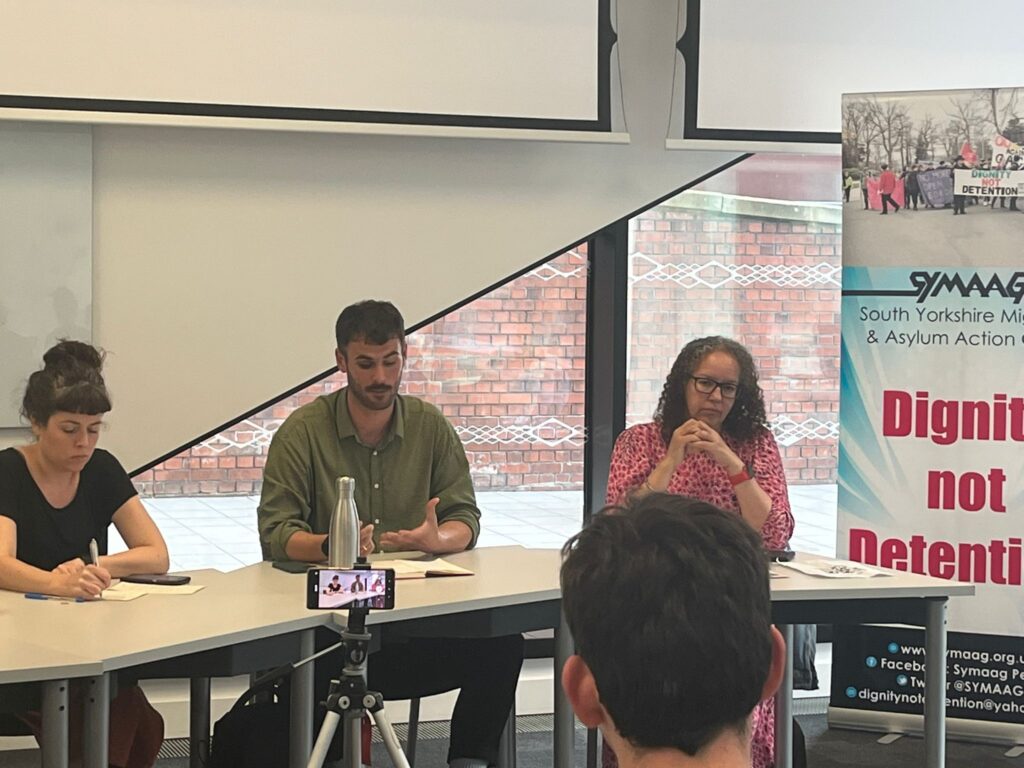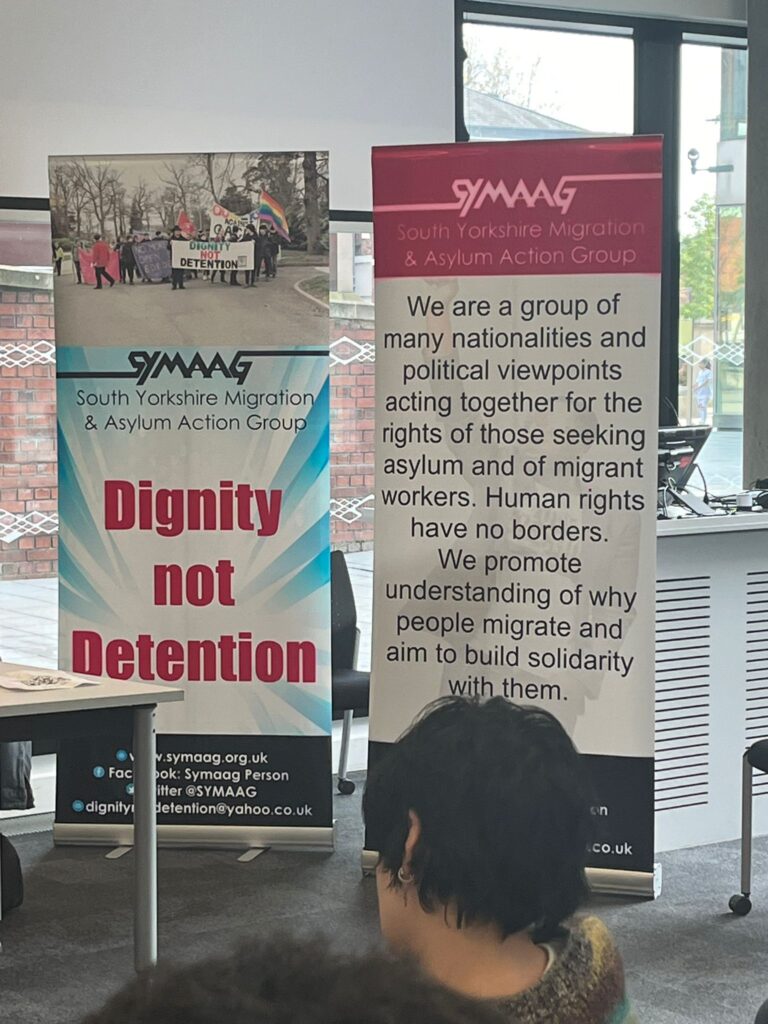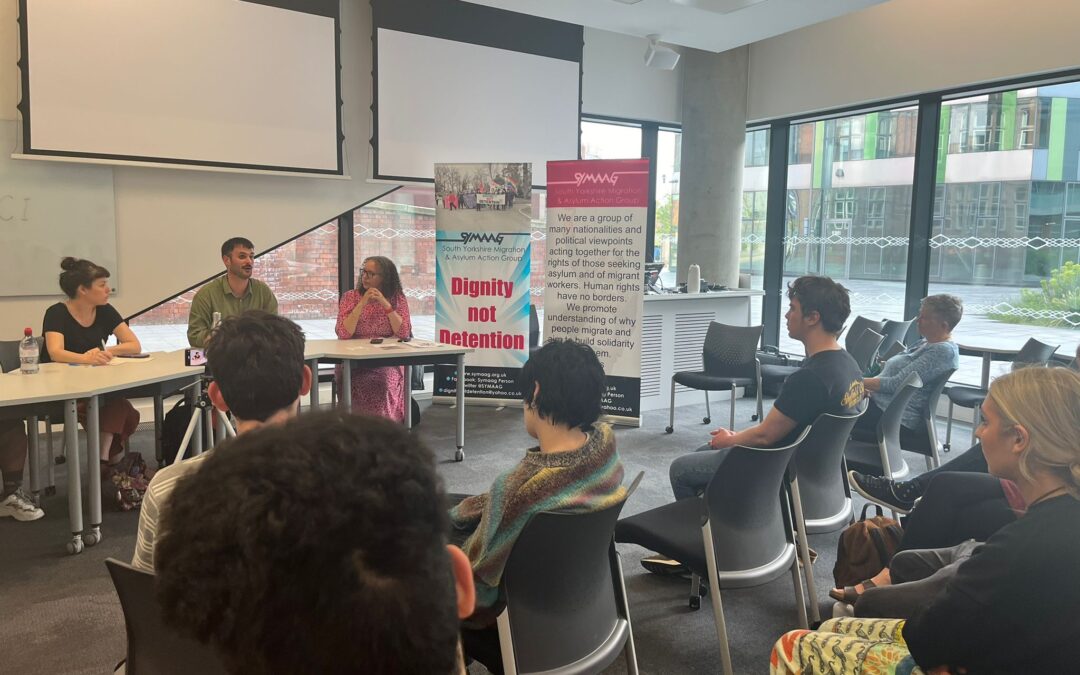A Sheffield action group supporting asylum seekers held a panel discussion on “How is life for child refugees in this hostile environment?”.
The South Yorkshire Migration and Asylum Action Group (SYMAAG), which fights for the rights of all migrants in South Yorkshire, organised the event at the Diamond.

The mother of a seven-year-old child with autism spoke about her living conditions in Sheffield.
She said: “I’m in a cage. I’m living in fear because I don’t know what’s going to happen the next day.”
She mentioned she did not have sufficient support when her child was sick and diagnosed with autism. Her child was also “not qualified” to go to school.
Dr Christina Tatham, a lecturer in Early Childhood Education, said: “People are scared their asylum claims would be rejected, or they might be reported to social services. It is a psychological barrier to living in fear.
“Standing up for yourself often leads to a worse situation.”
She suggests that one solution to helping child refugees is establishing stronger relationships between organisations, schools, and food banks.
Dr Tatham said: “Organisations have different remixes and goals to achieve, so working with each other strengths, and not trying to be competitive with each other. It’s all about building trust and respect.
“It stands from the schools and organisations because it’s up to them to gain the families’ trust. In partnership, the families also want that trust to be established. Ideally, they would encourage their children to trust the school. I think the steps need to be taken by organisations and schools.”
The asylum seeker and her child currently receive only £80 per week. They use vouchers to purchase food from specific supermarkets.
Additionally, asylum seekers face housing issues: their houses are small and require repairs, and they frequently change accommodations. Due to this, they are unable to familiarise themselves with the area.
Manuchehr, 62, from SYMAAG, said: “We believe child refugees are humans, and they don’t understand war, peace, hunger… It’s important to concentrate on them, especially the children with special needs.”


